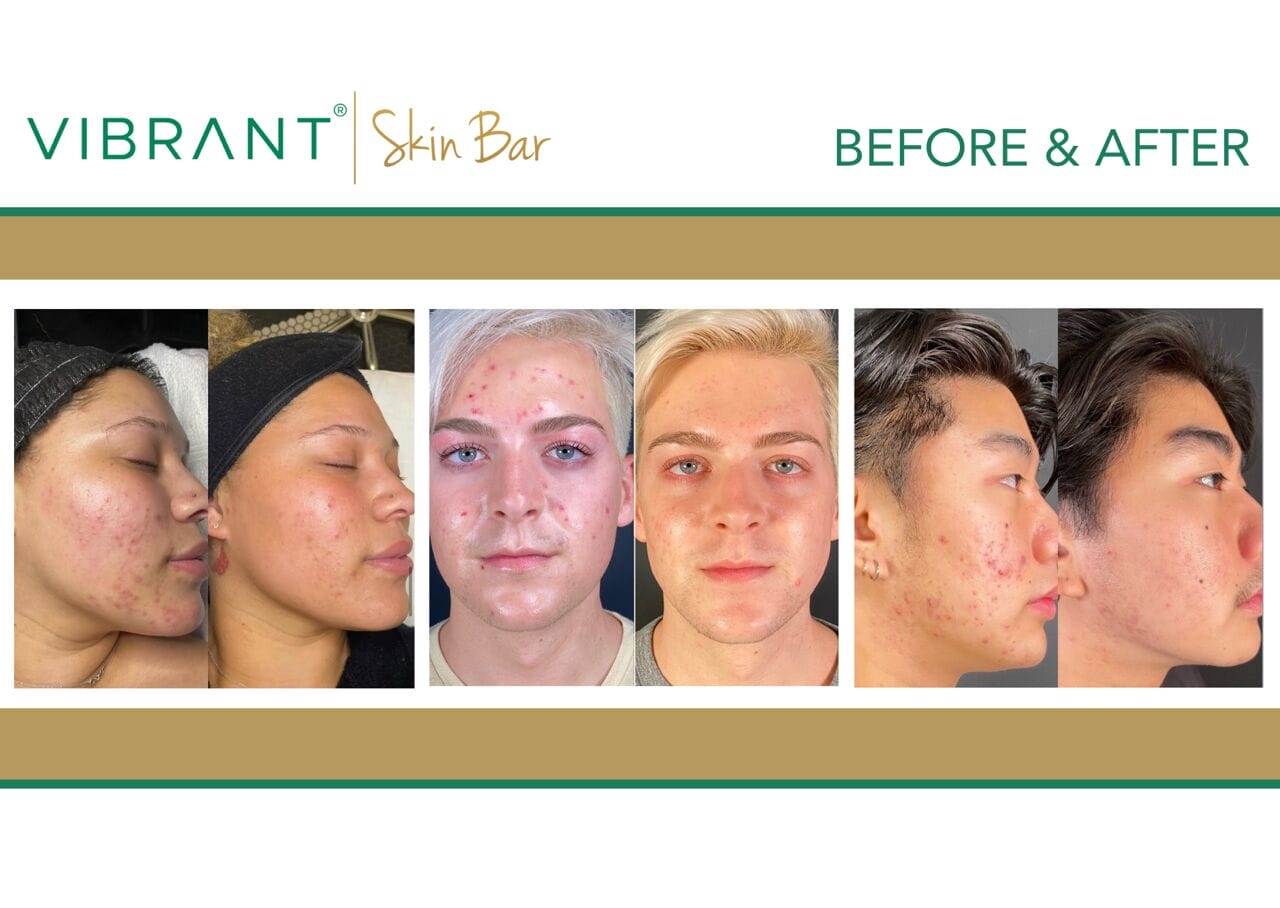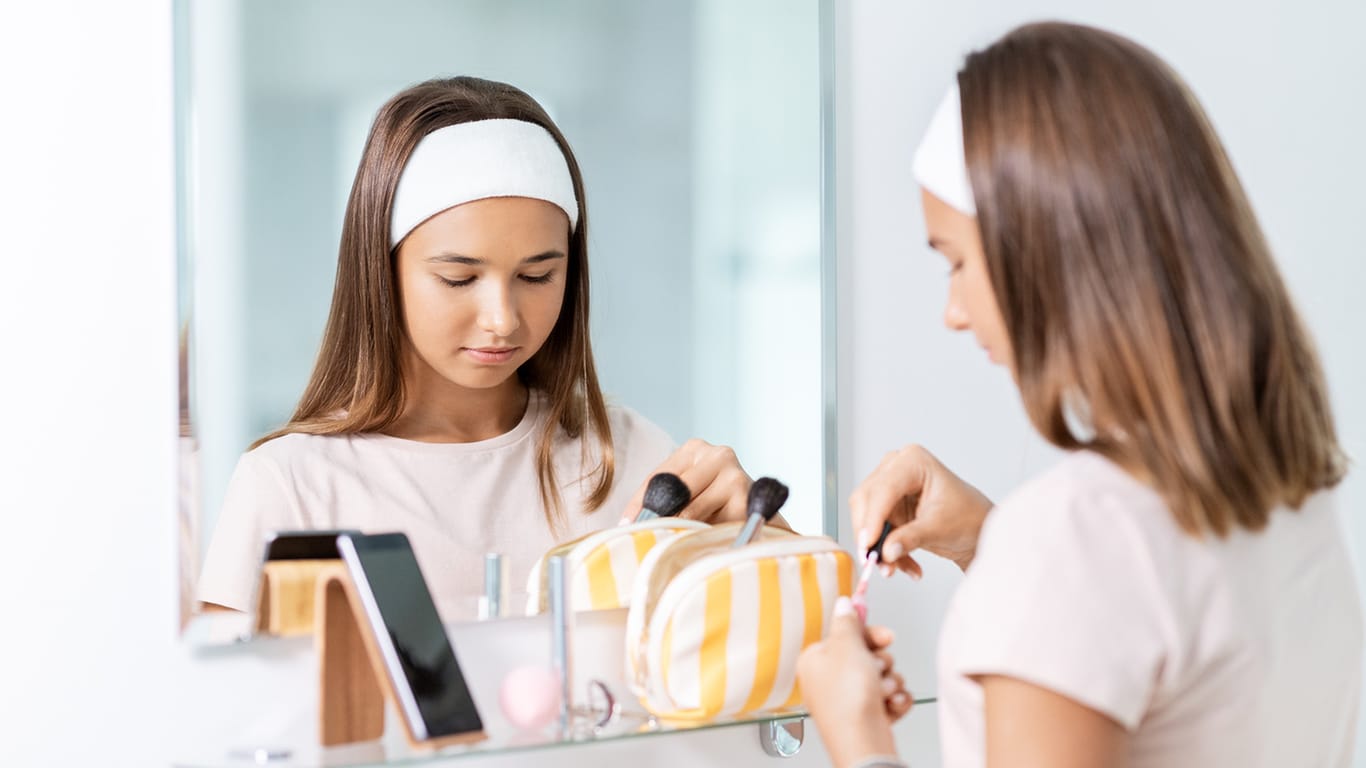From DIY Botox hacks to “slugging” and retinol cocktails, teenagers are increasingly adopting adult skincare routines popularized on TikTok—and it’s wreaking havoc on their skin.
What may seem like harmless fun or early self-care is fueling a rise in damaged skin barriers, chronic irritation and long-term dermatological consequences. As a licensed Physician Assistant and founder of Vibrant Skin Bar, I see these issues arising from TikTok skincare routines daily. The problem isn’t teens caring about their skin; it’s that they’re using products formulated for adult skin on complexions that are still developing.
LEARN MORE: Rediscover Tempe with your best summer staycation yet
SUMMER FUN: 7 new and noteworthy Tempe restaurants to visit this summer
Teen Skin Is Not Adult Skin
Teen skin is biologically different: it’s typically oilier, more resilient, and more reactive than mature skin. Skincare products marketed to adults—anti-aging serums, retinols, exfoliating acids, and peptides—can overwhelm young skin that already naturally exfoliates, leading to inflammation, breakouts and even premature aging.
According to the American Academy of Dermatology, adolescents are best served by gentle skincare routines. Powerful ingredients intended for 30- and 40-somethings are not only unnecessary but potentially harmful to teens.
Barrier Damage Is the New Acne
Increasingly, teens present with red, flaky, inflamed skin—not from acne, but from product overuse. Many of these symptoms stem from a compromised moisture barrier caused by excessive exfoliation, harsh cleansers and layering too many active ingredients.
Repairing the skin barrier isn’t quick. It can take months of simplified skincare, professional oversight and a pause on unnecessary products.

Cleanse. Hydrate. Protect. Stop There.
Despite what social media influencers claim, teens don’t need a 10-step skincare routine. A simple, evidence-based regimen is more than enough:
- Cleanser: Gentle, pH-balanced, and free from potential hormone disruptors such as sulfates and fragrances.
- Moisturizer: Lightweight and non-comedogenic, with ingredients like hyaluronic acid, ceramides or niacinamide.
- Sunscreen: Broad-spectrum SPF 30 or higher—mineral-based preferred—every single day.
That’s it. No retinol. No harsh acids. No viral DIY treatments like lemon juice, coconut oil or beef tallow. Dermatologists widely discourage these due to their pore-clogging, irritating or photosensitizing properties.
Professional Treatments That Make Sense
Some teens may benefit from occasional professional treatments. Forever Clear BBL, for example, is a low-intensity laser treatment that can target teen acne by reducing bacteria and promoting healing with minimal downtime. For teens managing PCOS-related acne or inflammation, a blend of hormone-balancing nutrition, gentle facials and targeted medical care can help.
Chemical peels and microneedling should always be performed by trained professionals. At-home versions lack precision and carry serious risks—scarring, infection and pigment changes among them. The FDA has warned consumers against unregulated at-home chemical peels due to safety concerns.
Trends Don’t Equal Truth
TikTok skincare routines and social media has supercharged skincare misinformation. Slugging, double cleansing and multi-step routines may have a place for adults under dermatological supervision but rarely apply to teenagers.
Even the popular “base tan” myth is dangerous. The Skin Cancer Foundation confirms: there is no such thing as a safe or protective tan. Any change in skin color from sun exposure signals DNA damage.
Parents: Join the Conversation
Parents are often in the dark about what’s inside their teen’s bathroom cabinet. Start asking. Check product labels. Support appointments with licensed skincare providers or estheticians. The goal isn’t restriction; it’s education. Helping teens understand what their skin truly needs builds a foundation for long-term confidence and lifelong skin health.
Author: Kristina Cadwell, M.S., PA-C, is the founder and owner of Vibrant Skin Bar in Phoenix. She specializes in advanced aesthetic medicine and integrative skincare with a focus on safety, education, and long-term skin health.




